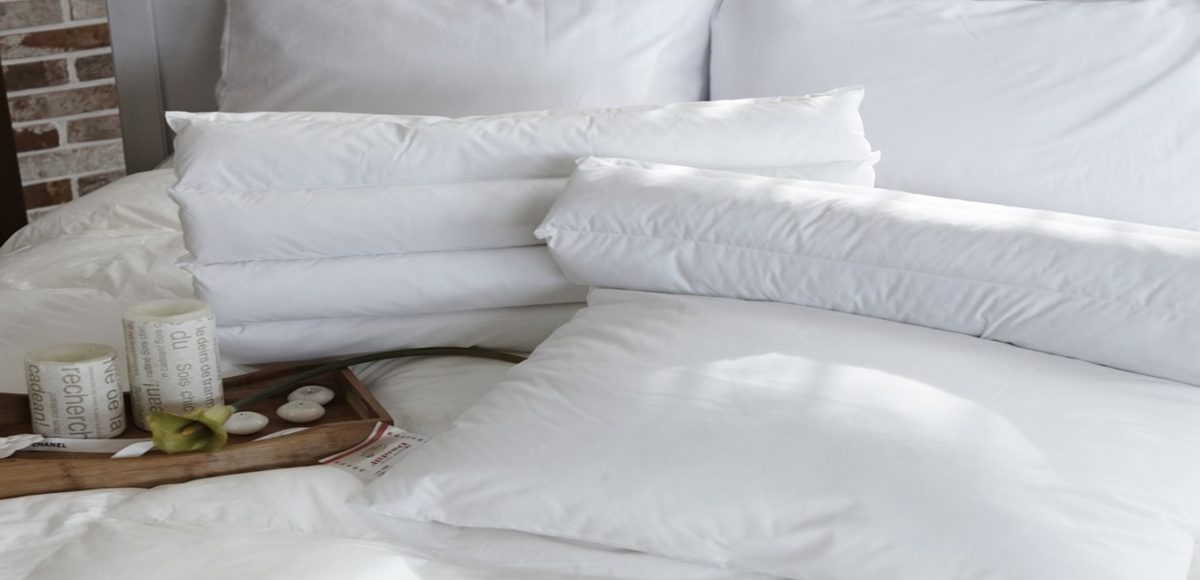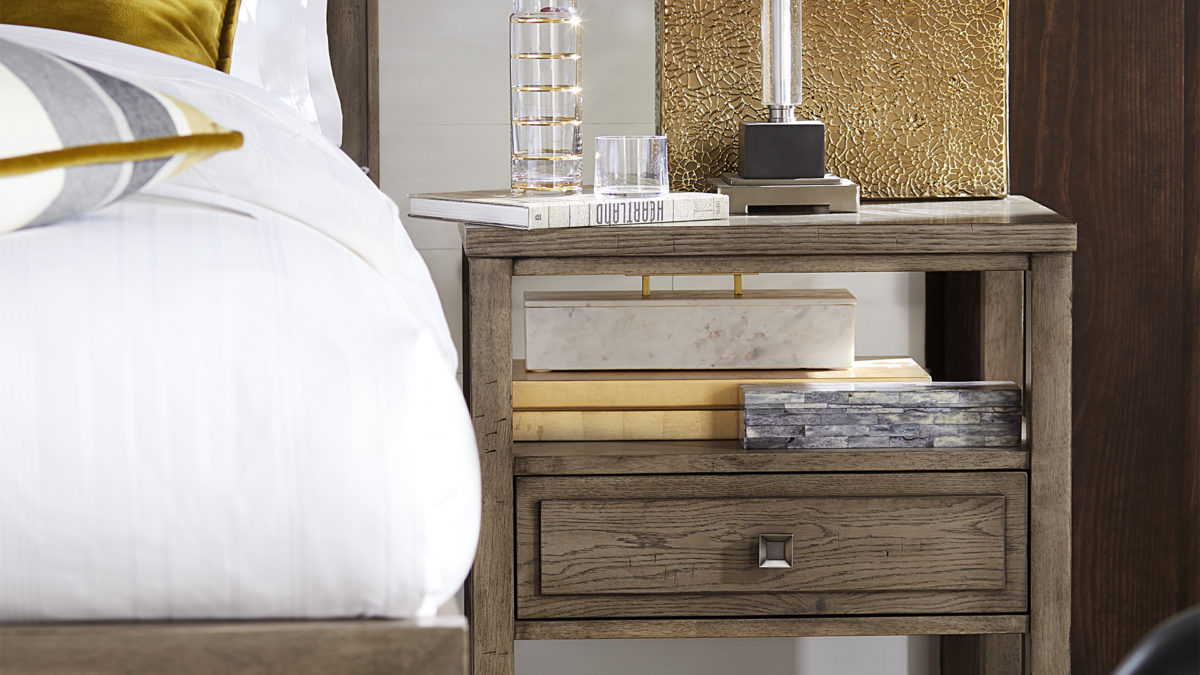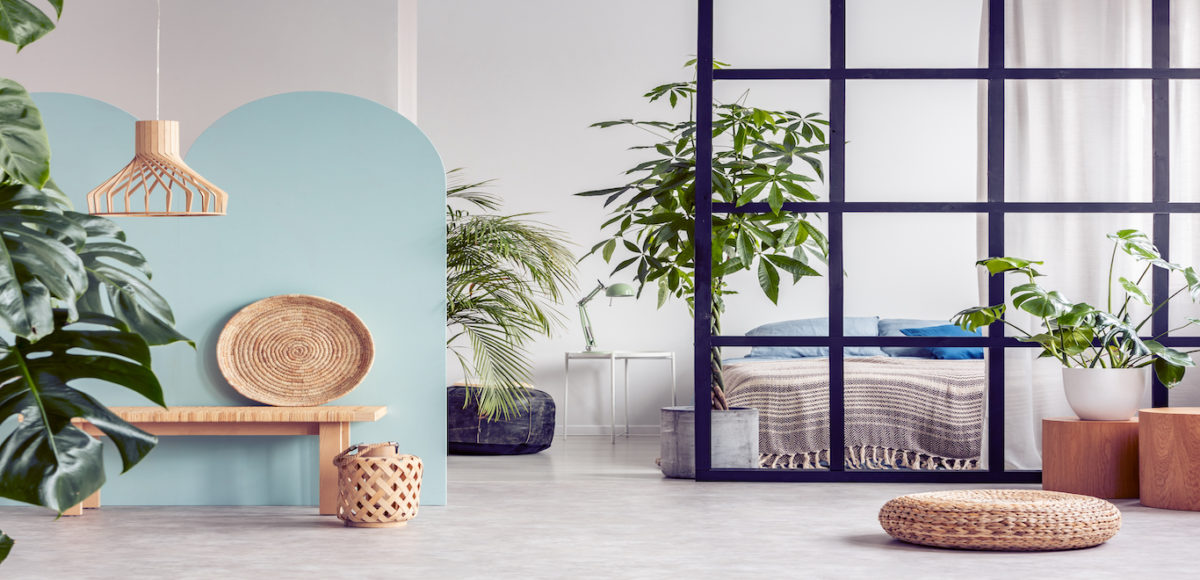If you want to go green in your home, one of the best places to start is the bedroom. The quality of your mattress can really impact your sleep and your overall health, which is why choosing a natural mattress is so important. While conventional mattresses are filled with chemicals, natural options are sustainably made and contain eco-friendly materials. Wading through the choices can be a little overwhelming, but is doable if you know what to look for. Keep the following pointers in mind when you’re shopping for a new natural mattress and find that both your health and the environment will thank you.
Pay Attention to Materials
The materials are really what makes or breaks a mattress. Most conventional mattresses contain harsh chemicals like pesticides, formaldehydes, and flame retardants. While memory foam mattresses are popular, they usually contain polyurethane foam, which may be carcinogenic. Since most people spend one-third of their lives sleeping, that’s a lot of exposure to these harmful elements.
Opting for a natural fiber mattress ensures that you won’t be exposed to any of these dangerous materials. If you’re looking for the best natural mattress, some of the naturally derived materials you’ll find include:
- Organic cotton
- Rubber tree-based latex
- Organic wool
Generally, organic cotton fibers are not genetically modified and are grown without fertilizers or pesticides. Organic wool is a nontoxic option because it’s used in place of fire retardants.
Certifications
Terms like “all-natural” and “eco-friendly” are largely unregulated in the mattress industry, which means that each company can use its own standards for determining how natural a mattress really is. To avoid confusion and ensure you’re buying a good product, look for one of these third-party certifications:
- GOLS (Global Organic Latex Standard) – this specifies that latex used in the mattress is at least 95 percent organic latex.
- GOTS (Global Organic Textile Standard) – this specifies that at least 95 percent certified organic fibers make up all the fabric in the mattress.
- Greenguard – This is an independent certification that the mattress is low in many common harmful chemicals, including VOCs, formaldehyde, and phthalates.
A mattress with one of these certifications is certified organic, which means that it made with at least 95 percent organic materials. Be aware that these certifications do come with expiration dates, so check and make sure that the date looks good before purchasing.
Give it a Trial Run
It’s not unusual to test out a mattress in a storefront, but laying down for a minute or two in a store is not nearly enough time to determine if a mattress is really right for you. Some mattresses will now offer trial periods, giving you enough time to determine if it’s a comfortable fit. When you’re looking for a natural mattress, test it out long enough to make sure that you don’t have any allergies to the mattress materials.
Look at Lifespan and Warranty
When you’re shopping for a mattress, take a look at how long it’s expected to last. One way to do this is to take a look at the manufacturer’s warranty – some of the better brands will be 25 years. In contrast, many of the conventional mattresses may only last five to ten years. While they may come with a cheaper price tag, many of these mattresses find their way to the landfill much quicker than the well-made natural alternatives, which means they have a much harsher impact on the environment. While it may cost more at the outset, buying a natural mattress that will last a long time often pays off in the long run.
Once you’ve found the best natural mattress, you need a bed to put it on. Head to CORT Furniture Rental to find a variety of beds, furniture, and decor to make your bedroom the Zen-like haven you deserve.






